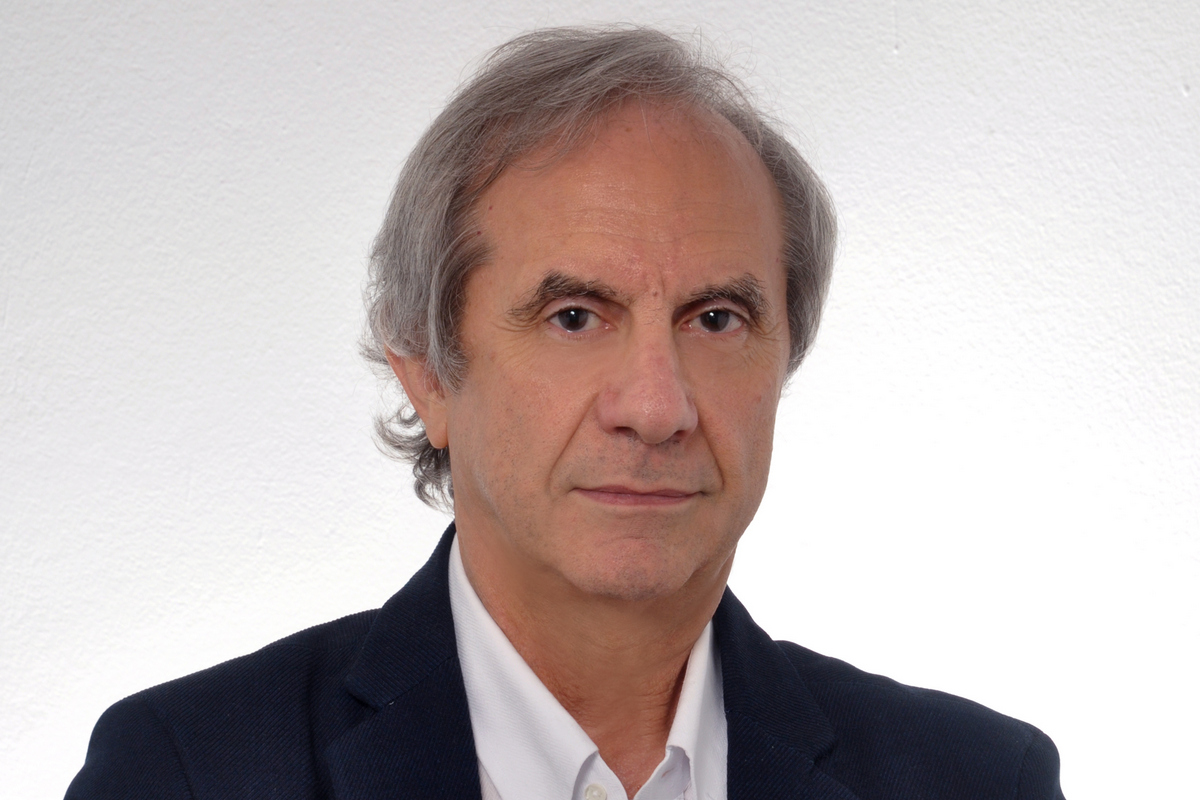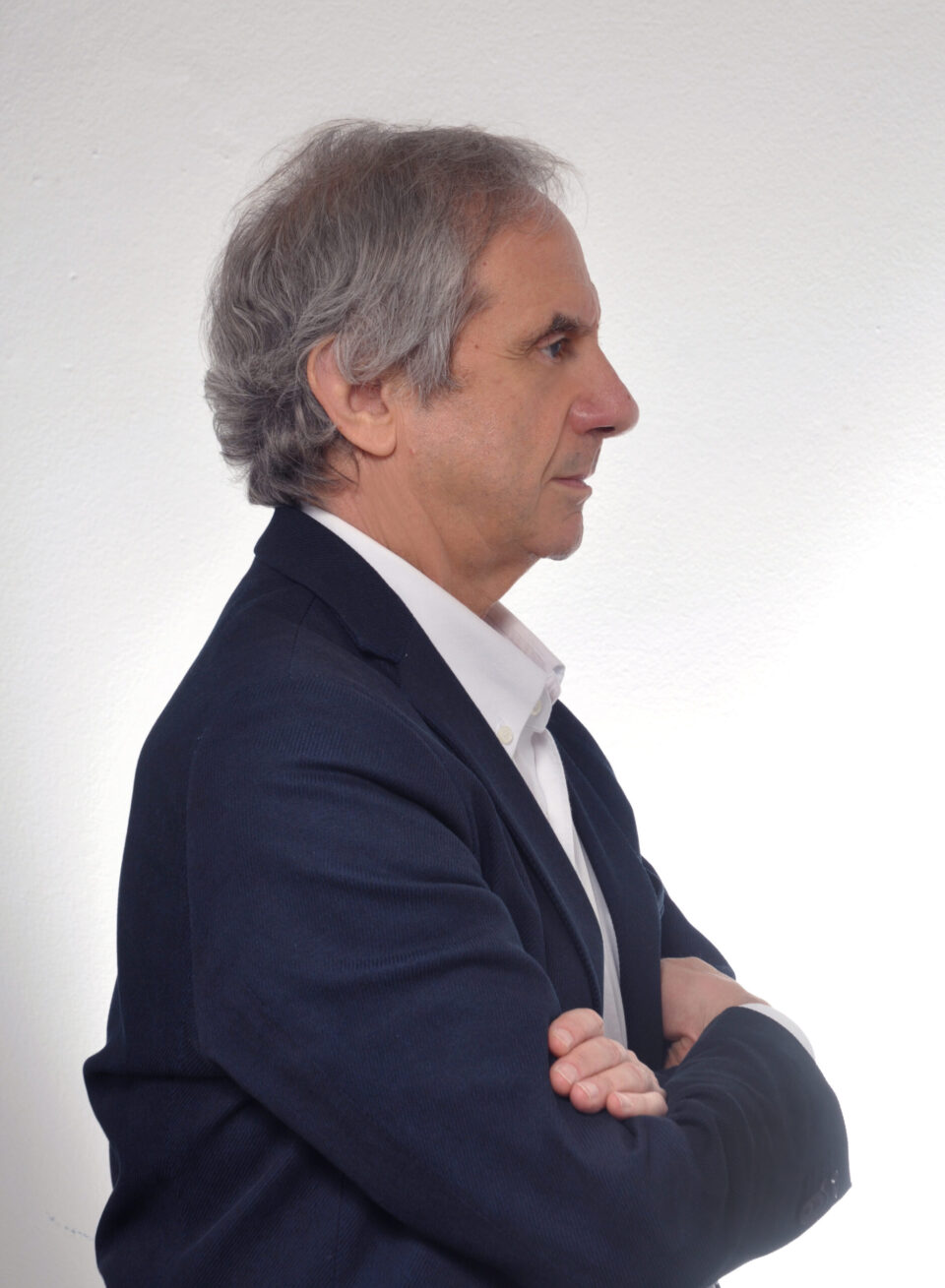The state of media and the freedom of the press are among the key indicators of a country’s extent of openness and democratic maturation

Regional Chief Correspondent for Balkan from the ANSA, Italian News Agency, Mr. Francesco Quintano, spoke for our magazine about the freedom of the press in Serbia, Europe and other countries.
You are a representative of an Italian news agency in Belgrade. How would you rate the state of media in our country?
The state of media and the freedom of the press are among the key indicators of a country’s extent of openness and democratic maturity. Serbia emerged in Europe as a young democracy following the fall of the Iron Curtain and the subsequent tragedy of the armed conflicts in former Yugoslavia. However, it is not easy for an authentic democratic system to develop short-term, and it should not be a lip-service democracy. Maturation and genuine awareness raising of the entire society is an imperative over time. However, in my opinion, the situation of the media in Serbia is characterized by light and shade. The positive aspect is that the wide range of available publications (newspapers, weekly, monthly, specialized magazines, etc.), including radio and television stations and websites, is plentiful and diverse, in theory, capable of conveying a broad range of positions and views. However, this is not always the case, mainly due to the limited financial independence of numerous newspapers and editorial initiatives that are often therefore forced to resort to government support on the one hand, or to individuals with vested interests on the other, to the detriment of the press independence and freedom.
What are the conditions journalists have in Italy and the EU?
Journalism is all about passion and dedication. The life of a journalist is frenetic and all-encompassing, requiring discipline and sacrifice. At the same time, it is incredibly vibrant, stimulating, diverse and surprising, as few other careers can be. As a journalist working in various countries for 37 years, I share passion and enthusiasm with many colleagues I have recently collaborated with here in Belgrade. I believe that the difference between Italy and the rest of the European Union lies primarily in working conditions, insurance and pension guarantees, and the level of wages. In Italy, in particular, in order to become a professional journalist, one must pass a rather selective exam, enrol in a professional register, and become a member of the regionally organized Order of Journalists. There is also the Italian National Press Federation (FNSI), the trade union of journalists, protecting their interest and signing the collective agreement with the counterparty represented by the Italian Federation of Newspaper Publishers (FIEG). Journalists in Italy also have their own health insurance fund, which guarantees medical assistance and covers the costs of any surgical interventions.
It is imperative to pursue independent journalism
Unfortunately, we have many examples of attacks on journalists, intimidation in the EU, and even murders (Malta, Slovakia). How do you comment on that?
Unfortunately, intimidation, threats and violent attacks against journalists are a regrettable phenomenon not limited to a few countries but widespread in Europe and the rest of the world. Unquestionably, journalists face difficulties, kept in shackles by a power that hardly permits any criticism or disagreement in countries with highly centralized political systems and limited democracy. Yet, the relationship between the society and the press and journalists cannot be determined by the level of democracy or the type of political system only. In many cases, pressure, threats, and intimidation come from criminal organizations, local leaders or influential individuals who do not tolerate the dissemination of information perceived as harmful to their more or less lawful activities. Criminal organizations and centers of power are more or less present in all the countries, even the democratic ones, including the European Union. That does not refer only to Malta and Slovakia but also to Italy and other states. In many cases these are transnational phenomena of which journalists from various countries are victims in multiple ways. Therefore, it is essential to defend – unquestionably and with conviction – the freedom of the press and information, which constitutes one of the cornerstones of civil and democratic coexistence.
How independent is journalism, viewed globally, when we have clear polarization at all levels and a pronounced influence of politics and corporations on shaping public opinion?
It is an imperative to pursue independent journalism, albeit not easy to implement, even in countries with recognized freedom of the press. In fact, beyond the declarations of intent and good intentions, the positions presented in newspapers, magazines, radio and television broadcasters mainly mirror those of their respective managements or owners. This is more evident in commercial newspapers and televisions than in state-owned televisions that provide a public service, partly financed by a fee imposed on the viewers. It is well known that the same news can spread with different interpretations and nuances depending on the newspaper that publishes it. I believe that the journalism that comes closest to the concept of independence is that of press agencies, but also of radios, which are both primary sources of information. And it was precisely the predilection for the news itself and the speed of its publication that kept me tied to ANSA as the largest Italian news agency all these years, since 1986.
Is it possible to get to the truth today? Are we running away from it as a society, or whether it remains beyond our reach?
The truth should be the basis of news and the general behaviour of every individual in society. However, we know this is not always the case. And it happens for various reasons – misinformation, poor verification of sources, failure to check the text before transmission. But it is serious when untrue news results from a calculated decision by the writer. Such illicit behaviours must be denounced and sanctioned. I believe that truth is possible today if everyone is committed to defending and promoting it.
The truth should be the basis of news and the general behaviour of every individual in society
During the wars of the 1990s, Serbia was a victim of Western media. And yet, it seems that the Italian media had the most balanced approach. Why do you think this is so?
Among the Western countries, Italy has constantly had a more balanced and moderate position, which manifested itself as a rule during the ‘Cold War’ and impactful international crises, such as the still ongoing Israeli-Palestinian conflict. One should not forget that the Italian Communist Party (PCI) has long been the second political force in the country and one of the pillars of the so-called ‘Eurocommunism’ together with the communist parties of France and Spain. While fully respecting solidarity within the European Union and with NATO allies, Italy has always been at the forefront of the attempts to foster dialogue between the parties involved. The national media regularly reflected this position, even during the wars in the former Yugoslavia in the 1990s. At that time, when NATO had not yet expanded to the East, Italy was the Alliance country closest to the Balkans, understanding the specifics of the situations better than the others. Italy did not have a ‘with me or against me’ point of view, but a more balanced and less extreme position. The media, in my opinion, have been the reflection of this Italian policy.
Should we feel threatened by AI in journalism, and where is the red line in using this tool? Is there great benefit or potential harm from AI?
The relationship between journalism and Artificial Intelligence (AI) is controversial. Many people wonder if the machines driven by high technology are really bound to replace journalists in their work. Some scholars and specialists argue that AI could help solve some practical problems, such as information overload, helping journalists to identify the top news in an ever-growing flow of information that is no longer manageable by the human mind. Various US and Europe’s press organizations have already adopted a system for automatically gathering, processing and publishing news – the system that filters large volumes of information more effectively. And yet, I believe that AI cannot ultimately replace the journalist in all respects. It is possible for AI to assist journalists in tasks such as gathering and organizing information, but journalism often involves ethical considerations that exceeds the limits of AI. In addition, there is a form of journalism that is not based on writing, as is the case with broadcast journalists or those engaged in interviews, book presentations, opening events. AI has limited use as it does not have a body, an appearance, or a presence. The main difference between an article written by a journalist and an article generated by an AI system lies in the level of human judgment and critical thinking. Thus, I think, in essence, that AI cannot completely replace the skills and experience of flesh-and-blood journalists.
